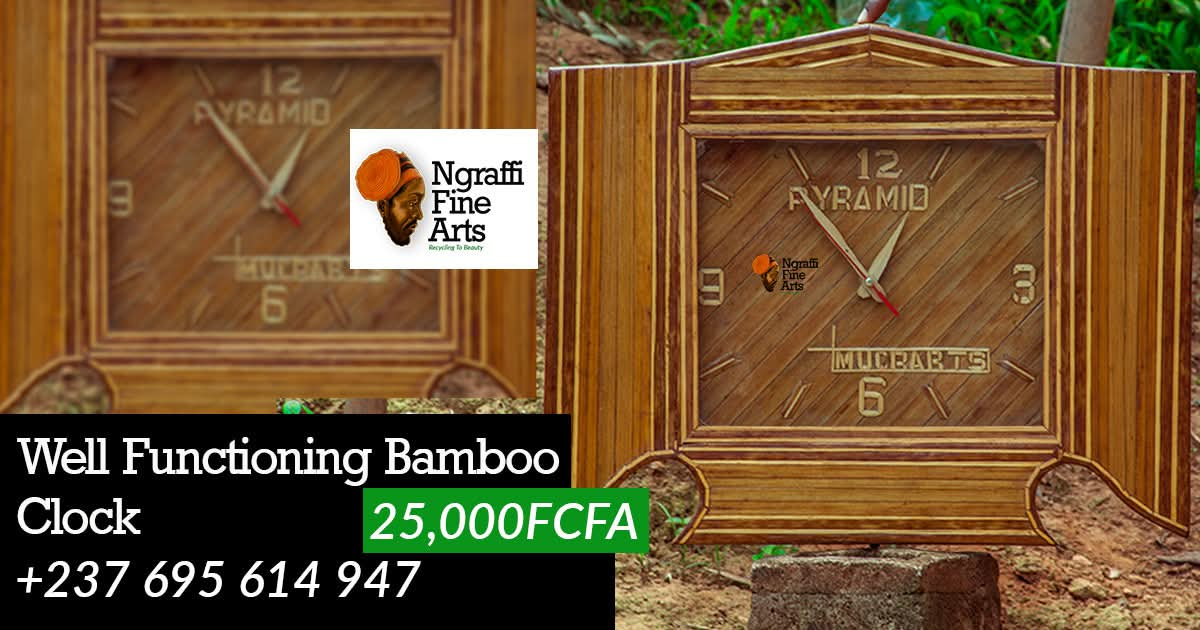Benskin: The Trade Off Between Hussle and Heritage
The other day, a conversation with a friend led me to ponder the double-edged sword of Abakwa’s booming bike economy. On one hand, the proliferation of motorcycle taxis—*benskins*—has undeniably opened doors for many: putting food on tables, offering daily income to youths and adults alike, and sustaining households in an otherwise strained economy. Yet, beneath this veneer of opportunity lies a troubling undercurrent—the erosion of patience, endurance, and, most critically, the gradual extinction of traditional craftsmanship.
We marveled at how the bike economy has reshaped social dynamics, enabling young men to earn enough for fleeting pleasures—two thousand francs here, a girlfriend there—yet lamented how it has stifled the willingness to invest in long-term skills. Why endure the slow mastery of a craft when quick cash beckons on two wheels?
This reflection deepened when I recalled Pa Ngu, a master bamboo craftsman whose hands could transform humble reeds into spoons, trays, cupboards—anything one might need. When I last spoke with him, his greatest sorrow was not poverty, but the absence of an heir to his craft. For five years, he had searched in vain for an apprentice, even offering to pay trainees—not for profit, but for posterity. Tragically, the crisis took him before his knowledge could be passed on. His art now lies buried with him.
Pa Suh, the virtuoso woodworker, echoed the same despair. Young aspirants would come, only to vanish weeks later, repelled by the tedium and time demanded by true craftsmanship. Even in modern trades, the pattern persists: when my sound card failed, I scoured Abakwa to find a single remaining technician. He, too, confessed that no apprentice would stay—the lure of "benskin" money was too strong.
And what of Bamenda’s legendary mechanics, once capable of resurrecting any car, even fabricating parts from scratch? Pa Numfor tells me their ranks dwindle yearly, as more youths abandon workshops for handlebars and hustle.
This is the crisis we face: immediate sustenance versus enduring legacy. The bike economy feeds today, but what of tomorrow? When the last craftsmen are gone, who will reclaim their knowledge?
The question, then, is not merely one of income, but of cultural preservation. Must we sacrifice our heritage on the altar of daily bread? Or can we find a way to harmonize progress with the patience and pride of craftsmanship?
The choice is ours—but time, unlike the bikes speeding through our streets, does not wait.
